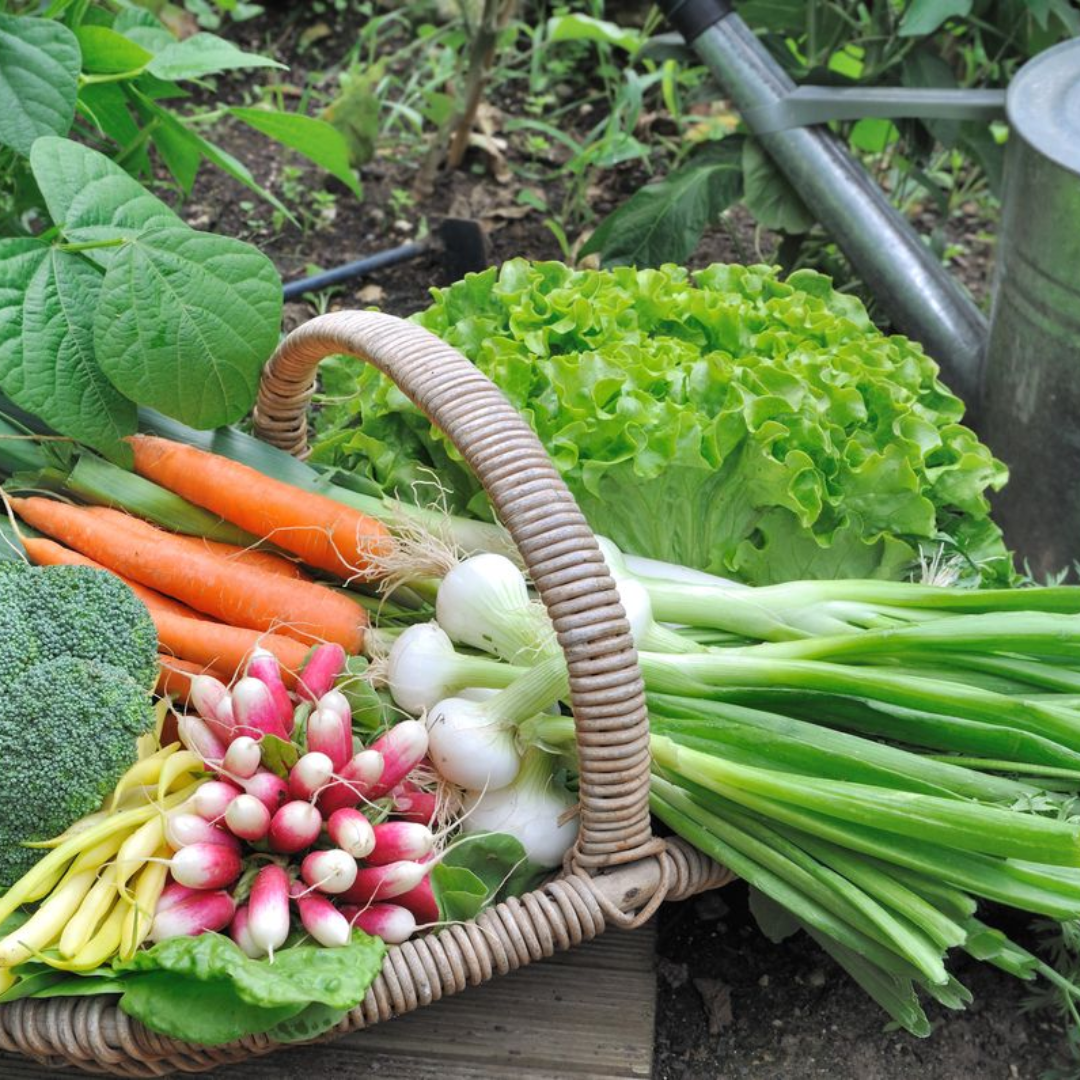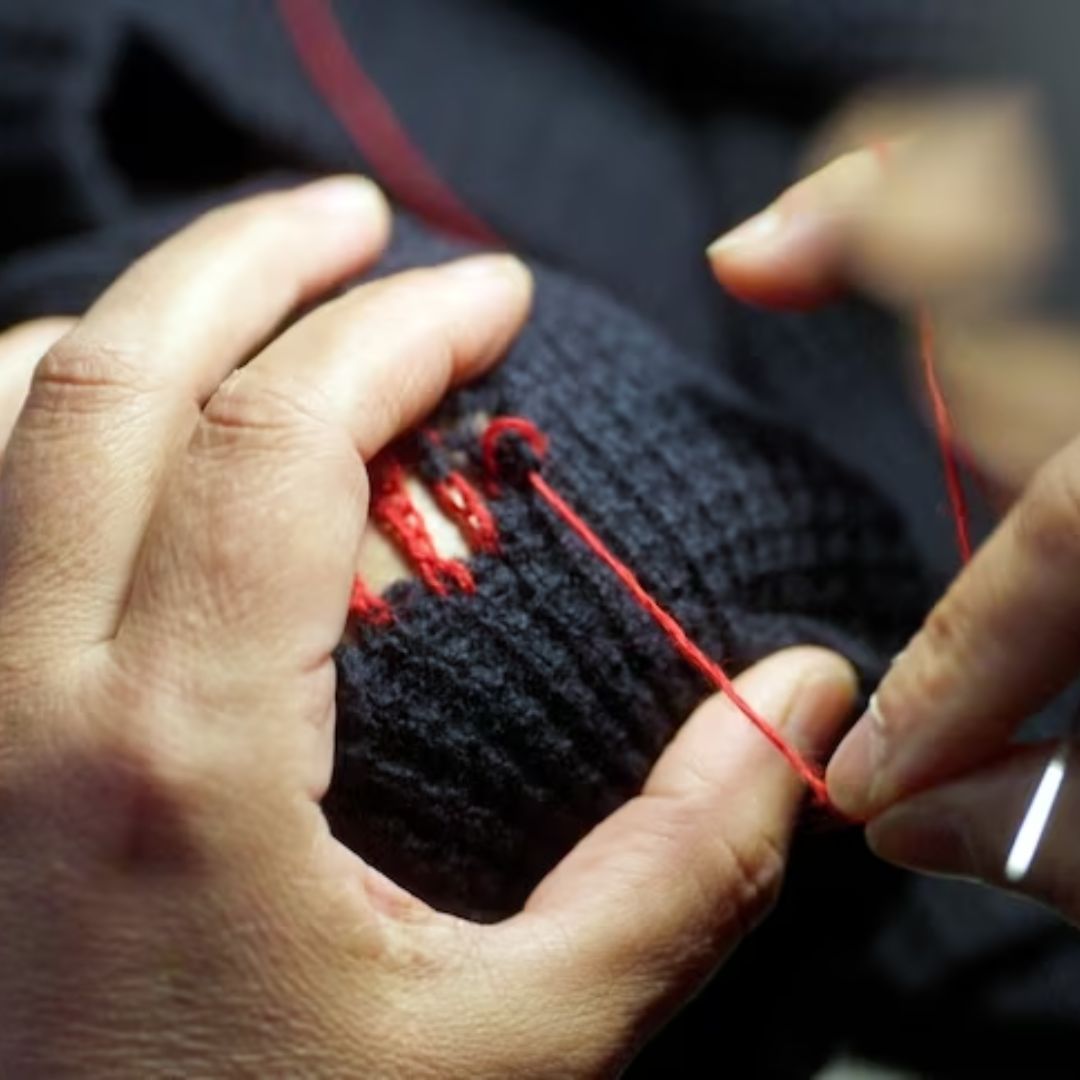
Frugal Living and the Environment
~5 min read
It might seem that frugal living is a way of saving money, and it is, but the impact is much wider. It is a way of managing your life to reduce the quantity of resources consumed daily, including money, materials, consumables (gas, oil, electricity), and natural resources.
Being frugal is not a reflection of our wealth, but rather it is making intentional choices about how best to use the resources available to us. It is a way of walking lightly on the land.
Reduce and Reuse (before you recycle)
In the scheme of reduce, reuse and recycle, it has been found that recycling doesn’t really work. Globally, only 9% of plastic waste is recycled. The rest ends up in landfill. After decades of experience with recycling around the planet, the end result is that it isn’t an effective solution. If we want to reduce waste, the only options are to reduce and reuse. Frugal living can help with both.
There have been times in the past when many people have had to live frugal lives. The Depression in the 30s pushed many people to change their lifestyles. There have been many frugal living tips compiled from the 30s.
A partial list includes: cook from scratch, eat leftovers, eat at home, plant a garden, eat less meat, pack your lunch, buy food in bulk, save containers for reuse, store and preserve produce, buy used, repair worn clothing and be content with what you have. All these things can reduce our climate and resource footprint on the land.
Reduce Transportation
A major contributing factor to climate change is transportation. A simple way to reduce travel is to ask the question if a trip is necessary before taking any trip in a car. It doesn’t mean never driving, it means thinking about it every time we do. Make it an intentional choice, not just something to do. If we reduce trips to the grocery store, we not only reduce consumption by making do with what we have, but we reduce pollution and greenhouse gas emissions by not driving.
During the first few weeks and months of the COVID pandemic when everything was locked down, the sky over many major cities cleared and became more breathable. This doesn’t mean we should lock everything down, but it does say that when we reduce travel, the environment responds. We now know for sure that we can have a direct impact on the environment through the choices we make.
We can no longer say that human activities are too small to impact the planet. The pandemic experience is that our actions can demonstrably change our environment.
Work from Home
The pandemic also showed us that many people could effectively do their jobs working from home. In the era of the internet and networking software, the face-to-face aspects of the workplace could be done without the need for commuting to a common workplace. The burden shifts to management to devise effective methods of monitoring and controlling work without employees being physically present.
The benefits to companies have become clear. Some companies have left expensive city buildings vacant and rely on staff working from home. The reduction of commuting and associated fuel consumption helps reduce the burden on resources and lets us walk lightly on the Earth. This is not the time to be tearing up greenbelts to make highways so people can commute to the city to do work that could be done from home. The major barrier to remote work is a lack of suitable management practices and competence.
Buy Local and Make Do
Another way to reduce transportation is to buy local produce and products. This has the added benefit of boosting the local economy. Buying local produce in season and preserving it for later consumption can reduce the cost of food and ensure food availability throughout the year.
What is missing from this discussion is the impact of frugal living on the economy. A capitalist economy thrives on scarcity (or at least the perception of scarcity) coupled with the public desire for abundant goods and services. Making do with what we have does not serve a capitalist agenda. Making this change in our economy will not be easy but perhaps it is the transformation experience needed to move us into a sustainable future.


